Rabbits for Food by Binnie Kirshenbaum
Trust me, even those who aren’t drawn to miserablism as I am, will revel in Bunny’s mordant wit. I was close to depressed when I read it, and this made me laugh out loud (p46):
It’s hard to write honestly about depression without sucking the reader into the mire and this must be one of the best – if not the best – fictional representations I’ve read. Unfortunately, the second half of the book, set on the hospital ward, falls well below the standard of the first. I know such settings can be anti-therapeutic – there’s even a recent paper on the topic with my name on here – and patients often get more support from each other than from the staff, but this felt mediocre: it could have been more entertaining if it were nastier or more convincing if there’d been more kindness, or attempts at kindness that misfired.
Despite this, I’d still recommend this novel for the intelligent and entertaining way it gets inside a depressed mind. But since there’s no real climax to the story, you could skip the second half. Thanks to publishers Serpent’s Tail for my review copy.
For anyone feeling stressed right now – so that’s everyone except the psychopaths, yeah? – I’ve borrowed this rather charming video:
Now we’ve got that out of the way, if you’re interested in novels about inpatient mental health care, why not subscribe to my author newsletter to be in with the chance of a free copy of my forthcoming novel Matilda Windsor Is Coming Home, about a brother and sister separated for fifty years against the backdrop of the longstay psychiatric hospital closures.
Miss Iceland by Auður Ava Ólafsdóttir translated by Brian FitzGibbon
Hekla gets a job as a waitress, where she’s subjected to continual sexual harassment, including pestering to take part in the beauty contest from which the novel takes its name. Fortunately, our narrator declines the invitation, having set her sights on becoming a writer. But, despite her talent, getting published as a woman is almost impossible in a country that loves stories and poetry, as long as they’re written by men.
Her friend Ísey also writes, but her ambition has been curtailed by marriage and children; an option Hekla seems to also consider when she moves in with a poet (and can’t bring herself to tell him she also writes). Her other friend from home, Jón John, a talented fashion designer forced into dangerous work on fishing trawlers to earn his living, is even more out of place. As a gay man he risks beatings, humiliation and even imprisonment in an effort to be true to himself.
Having enjoyed the author’s previous novel in English translation, I was keen to read Miss Iceland. While a little more serious in tone than Hotel Silence, Auður Ava Ólafsdóttir’s third novel in English did not disappoint. Although the theme of LGBT rights seemed slightly preachy on occasion, I found it overall a poignant tale of young people, misfits simply by being ahead of their time, striving for the fulfilment they deserve. Thanks to British publishers Pushkin Press for my advance proof copy.
For more on this theme, see my post Must one leave home to be a writer. This also seems a good opportunity to share a video about the theme of finding your place in my own fiction:
| For more lockdown reading, you’ve still time to enter the UK giveaway for Enter the Aardvark by Jessica Anthony, which closes at midnight on April 30th. Cleverly plotted, beautifully written (unless you object to a second-person narrative) and unashamedly political, it’s a trenchantly honest yet uplifting tale of populist politics, closet (literally in one case) homosexuality and wearing the skins of your enemy to get what you need. The perfect antidote to Trumpian politics. |
| The latest call for 99-word flash fiction takes its stimulus from a story of an octogenarian romance blossoming under lockdown as spring is in the air. I’ve written two, both with an emphasis on the challenges of distanced dating: the first inspired by Rabbits for Food, albeit less comically; the second is based on the young social worker in my forthcoming novel Matilda Windsor Is Coming Home. |
Through the fog, he reached for me. Fingertips inches from my nose. My hands, crossed against my chest, couldn’t answer his. Fossilized, locking me in.
The tea he brought turned cold on the bedside table. The kitsch mug that held it, gifted from my dearest friend. My mind snagged on riddles: Are jokes funny? Why is the present she gave me present when she is past?
I pondered keys, bolts and doorknobs. I thought of prisons, cages, bars. Of hermits, bricked-in anchoresses. Of how I didn’t want to hurt my husband, yet hurt him a million times a day.
If she’d noticed him drifting, she would’ve dismissed it. Put it down to the miles of motorway between them, the phone calls snatched between her assignments, lectures and placements; his grappling with ironing white shirts for his first grown-up job. Soon, if she got the job, they’d share a house together: a slate-roofed cottage on a dirt track, a couple of Labradors to fill the gap before babies. On summer evenings they’d walk the dogs after work, up to the fells or down to the shore. She’d overlooked his politics, but couldn’t discount his disparagement of her interview attire.
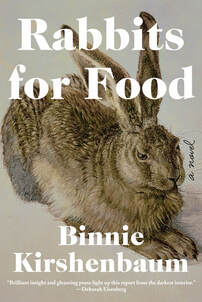
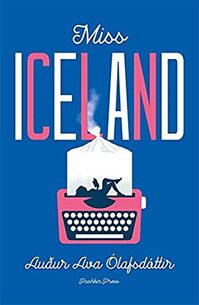
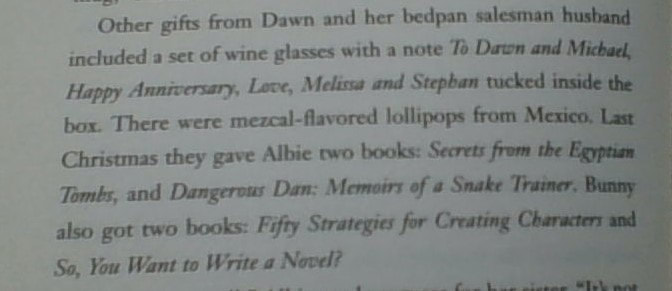

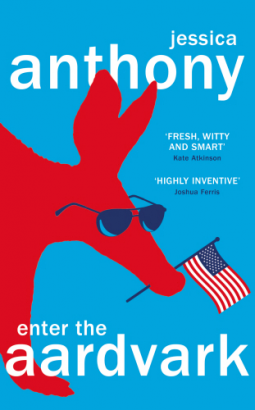
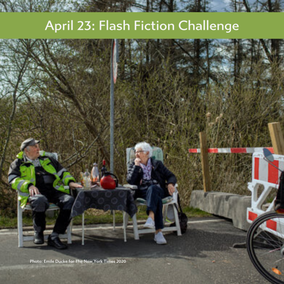






















 RSS Feed
RSS Feed





















